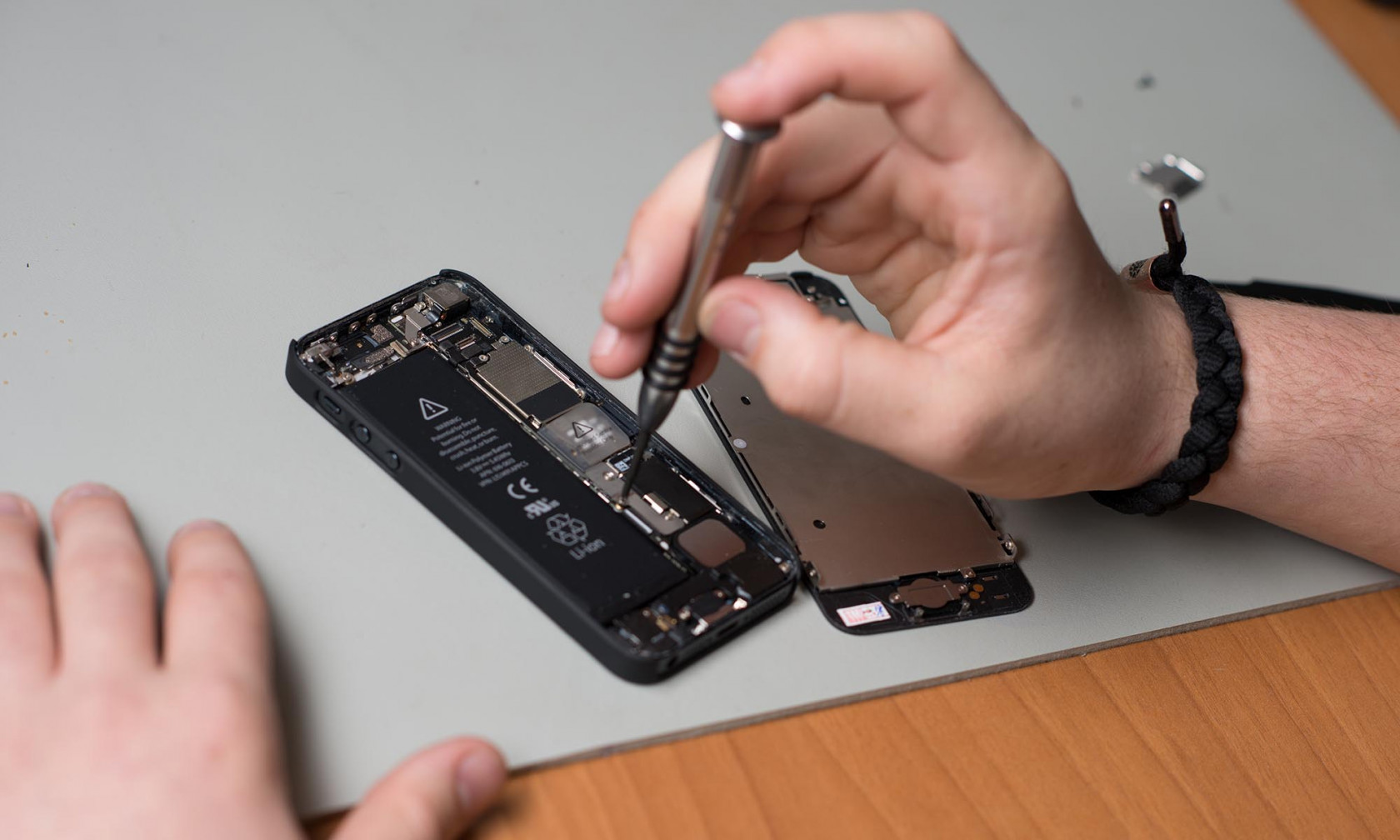
Right to Repair legislation has been sweeping the country. It has become something of a movement spurred on by worldwide lawsuits and controversy over the practice of planned obsolescence. So far 18 states have introduced Right to Repair bills.
California is the latest state to get on board yesterday when it announced the California Right to Repair Act. The bill is being proposed by Democratic Assemblymember Susan Talamantes Eggman, who believes consumers should have the right to choose where to have their devices repaired.
“The Right to Repair Act will provide consumers with the freedom to have their electronic products and appliances fixed by a repair shop or service provider of their choice, a practice that was taken for granted a generation ago but is now becoming increasingly rare in a world of planned obsolescence,” said Eggman.
Silicon Valley, which is located in California, is deeply opposed to such legislation making the introduction of the bill somewhat ironic. Big tech firms including Apple, Microsoft, AT&T, and others have vehemently contested and lobbied against similar proposals in other states.
One would think that such a law would not have much chance in California. However, other than Turkey, California is the only place where electronics manufacturers are required to service devices for at least seven years as opposed to five years everywhere else. This is reflected in Apple’s own support policies.
“Apple has discontinued hardware service for vintage [five- to seven-year-old] products with the [exception of] products purchased in the state of California, United States, as required by statute.”
So a Right to Repair law would be in line with the stance that California lawmakers have already taken in in the past.
Seventeen other states have been considering similar proposals including Washington, Massachusetts, Vermont, New York, Hawaii, Illinois, Iowa, Kansas, Minnesota, Missouri, North Carolina, Nebraska, New Hampshire, New Jersey, Oklahoma, Tennessee, and Virginia. Right to Repair proponent iFixit reported last year at this time that there were only eight states considering such laws. So it would seem the movement is picking up traction.
Lobbying efforts by big tech in other states have been staunchly opposed Right to Repair. The rhetoric has been bombastic. For example, MacRumors reports that in Nebraska, Apple claimed that Right to Repair laws “would turn the state into a ‘mecca for bad actors’ making it ‘easy for hackers to relocate to Nebraska.’”
The lobbyists claim that safety and security issues are their primary concern. However, when pressed none of the companies have been able to provide reasons why safety and security would be at risk.
Legislation like this tends to be a long process, so California voters are not likely to see it on ballots any time soon. It will, however, be interesting to see how hard Silicon Valley pushes back against this bill in its home state.
https://www.techspot.com/news/73630-california-enters-right-repair-movement-new-proposal.html